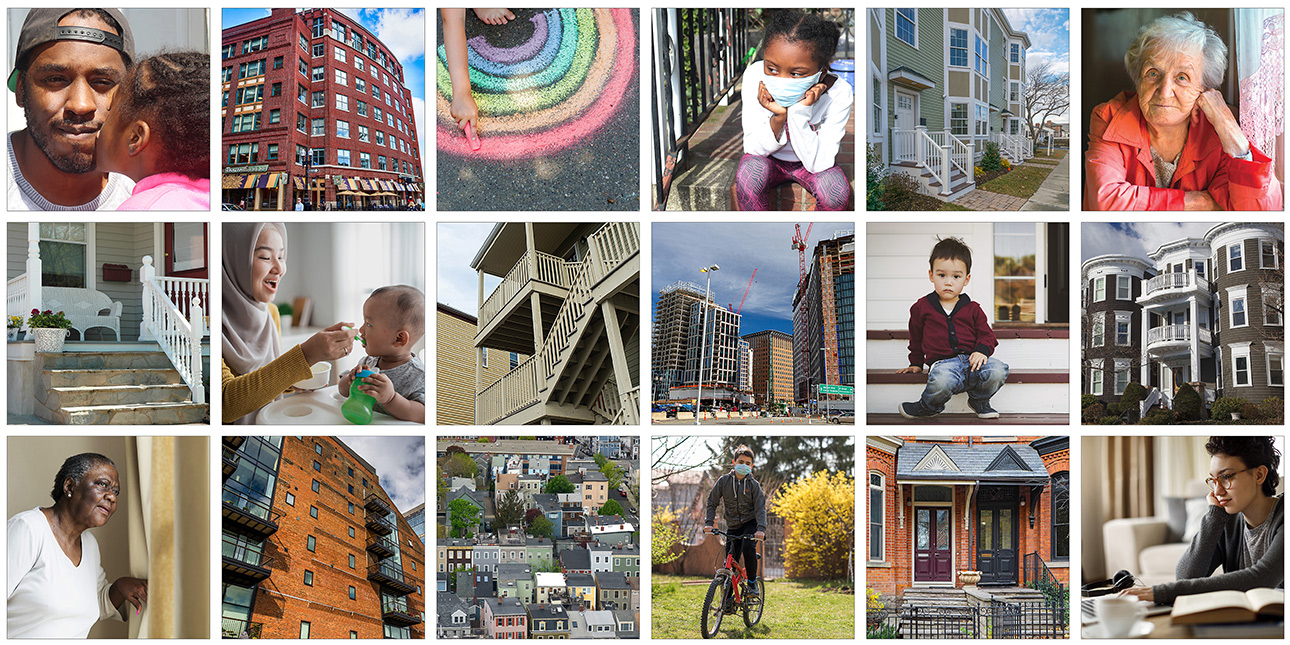
Video
Qualified Renters Need Not Apply: Race and Voucher Discrimination in the Metro Boston Rental Market
The results of a major report funded by the Boston Foundation and the Racial Justice Fund, with research led by the Suffolk University Law School Housing Discrimination Testing Program and Analysis Group, Inc., revealed such extreme degrees of race and voucher discrimination in the Greater Boston rental market that it surprised even the researchers.
Read More




